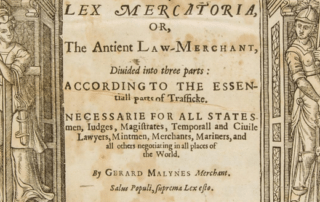Une assurance essentielle: la protection juridique
La loi du 22 avril 2019 visant à rendre plus accessible l’assurance protection juridique : vers un meilleur accès au droit et à la justice Il existe une assurance protection juridique pour chaque situation Vous n’êtes pas d’accord avec la facture de votre entrepreneur ? Vous avez été blessé dans un accident de la circulation ? Ou vous avez acheté un smartphone en ligne et à la livraison, vous constatez qu’il est défectueux ? Ce ne sont que quelques-unes des nombreuses situations conflictuelles pour lesquelles des conseils juridiques peuvent vous libérer l’esprit. Car l'assurance protection juridique vous protège également à l'égard d'un employeur: J’ai été licencié. Je ne suis pas d'accord avec l'indemnité de licenciement; des institutions: J'ai un litige avec le fisc. Celui-ci n’accepte pas mes postes de déduction; Je ne suis pas d'accord avec la décision de l'organisme de sécurité sociale quant à mes droits; ou dans le cadre familial : Ma fille se sent harcelée par son professeur. La direction de l'école ne veut pas m'entendre. Pour faire face à toutes ces difficultés, vous pouvez compter sur une assurance protection juridique. Vous profiterez de ces avantages : Vous pouvez obtenir des informations sur vos droits, sans engagement; Vos droits sont défendu; Tous les coûts d’une procédure en justice sont couverts (dans les limites de montants maximum). Source et lien vers l'article complet. De nouveaux droits et avantages fiscaux pour avoir accès à la justice Comme de nombreux citoyens, associations et acteurs de la justice le signalent, l’accès au droit et à la justice pose probl.me pour une partie de la population, alors que l’accès . la justice est un droit fondamental consacré par l’article 23 de la Constitution (des Belges et de leurs droits) et [...]








